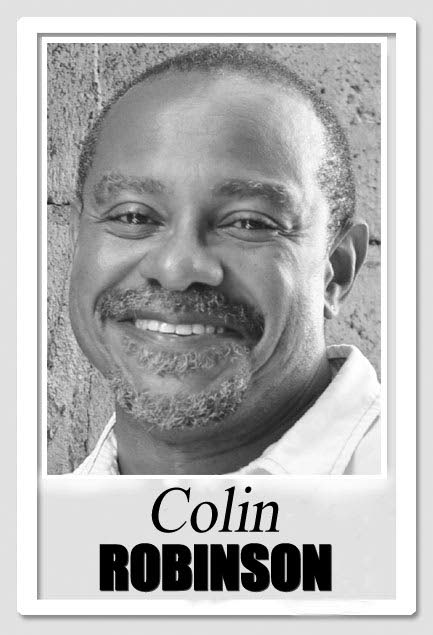Learning to die

I’ve been putting off writing this column every week for a stretch now. What else will I now be able to write about here with any significance?
Over a month, no one across three care teams – the gastroenterologist who’d originally diagnosed my colon cancer and her nurse; the medical oncology fellow supervising my six months of post-surgical chemotherapy and her department chair they’d rolled out at my first visit; the head radiation oncologist and his physician’s assistant who’d started to take charge of me when I returned for the next phase of treatment after Carnival – would respond to me as if the acute pain in my stomach was a condition to diagnose and treat.
Pain when I ate; pain because I didn’t eat; pain that said no when I tried to sleep. Pain that was the unique focus of my attention.
Not theirs. Even after they told me, foreshadowed by the second scan, the teleconference set up a week before, that – despite everyone’s optimism, not a single negative lymph node, six months of cytotoxic drugs, and further plans for radiating the tumour’s old margins – my genes had bred a cancer that’s a better activist than me, which had promptly spread. I was Stage IV. Even after asking for and hearing “the numbers” (survival odds) I put aside cognition and emotion, focused on two priorities: 1) Get a second opinion. 2) Stop the pain.
It was only when my pain was referred to the “palliative” team, when they began asking mental health questions, that it gradually sank in. The pain was the cancer. Chronic pain I would be living with. Dying with. And this pain was likely the peak of the declining quality of the short life I had left.
I’m not one of those chase-the-hope-of-every-treatment type. Second-line chemo remains an option; but it won’t do much. Alternative treatments have no evidence to offer. And I am going to cuss the next person who tells me that, despite the bad news, they are praying for my total recovery.
There comes this moment when you realise – or decide – that what you are doing is dying. And that you need to quickly learn how to.
The first lesson came soon, late one night, chatting with a young poet whose looks had turned my head, who out of nowhere had messaged to introduce himself, say he’d read my book. My hope it was sexual interest was swiftly disappointed. Pacing in pain in the wee hours when his message arrived, I decided to blurt out that I was going to die. Quick, quick came his comment about the importance of using one’s remaining time well. Of not “wasting” it. And just as quickly came my conviction that no one would shame me about how I die. That I would waste as much of the life I had left as I decided to. Because it was mine!
A second lesson followed quickly. People you tell you’re going to die need to grieve. Those closest to me (and a handful of others) have been valiant in hiding their grief. I don’t give a thought to shutting down people who need to pose a string of probing medical questions, with “I’ve answered those too many times already. I’m tired of doing so.”
It’s way harder, though, to handle the people who burst into tears or audibly choke on them when you tell them; and you’re trying to have a productive, focused day of dying. It feels cruel to deny people who love me that space to grieve.
But I just can’t do it with person after person after person. I need some life to die. And, frankly, I want to save the emotional capacity I have for that for the very people who wish to spare me from it.
A third lesson I am just starting. It is the work of memory – recording what I remember; and helping others to remember the paths I have trodden by leaving better markers of them – memoir-writing and archiving. This is not work only for the well-known. Indeed, in some ways it is work that is far more important for those not in the public record to undertake. It is work I wish my mother had done far better. It is the work of social history.
There is a third, trickier kind of memory work a young friend immediately dismissed as morbid – how one participates in others’ desires to pay tribute before one dies.
Meanwhile, we haven’t yet mastered the primary lesson: how to manage the pain. Narcotics produce painful constipation, relieved by cramping, bloating laxatives. We’d just, just pinned down a new medication regimen yesterday. Then I had a bad trip off the morphine, and woke up in terror I’d lost my mind.

Comments
"Learning to die"